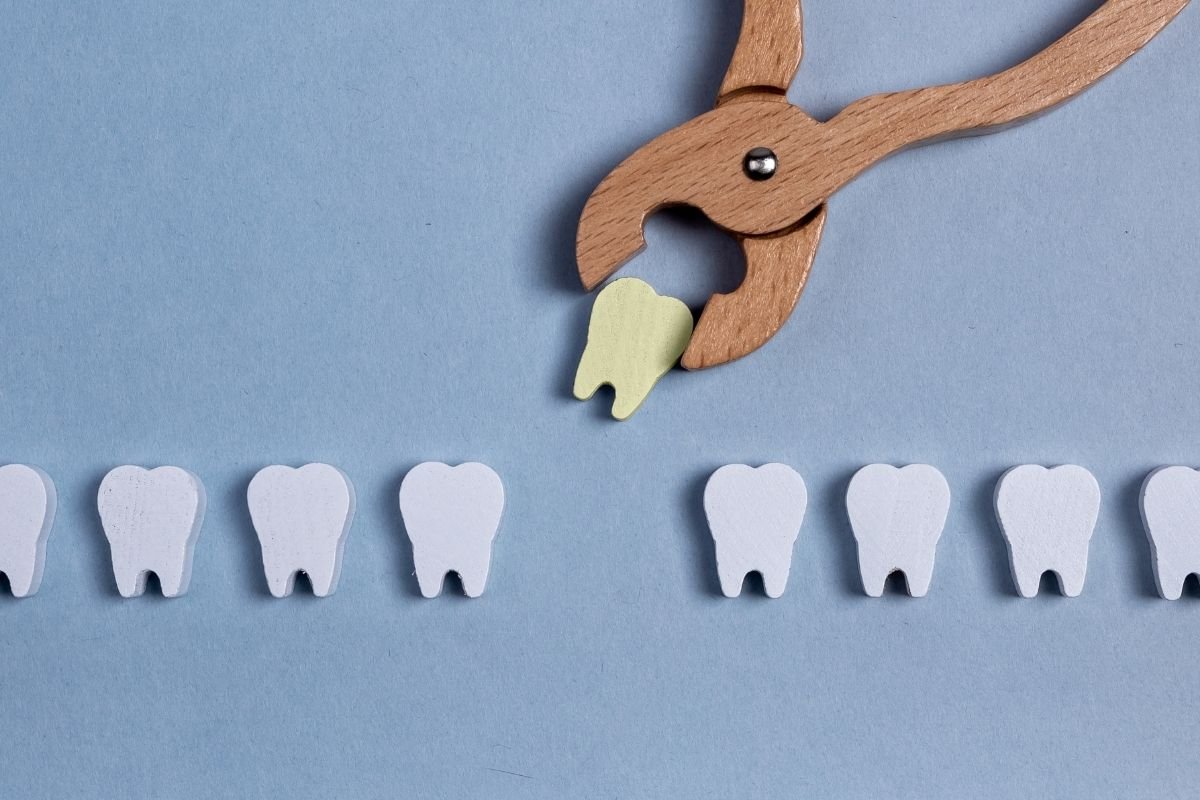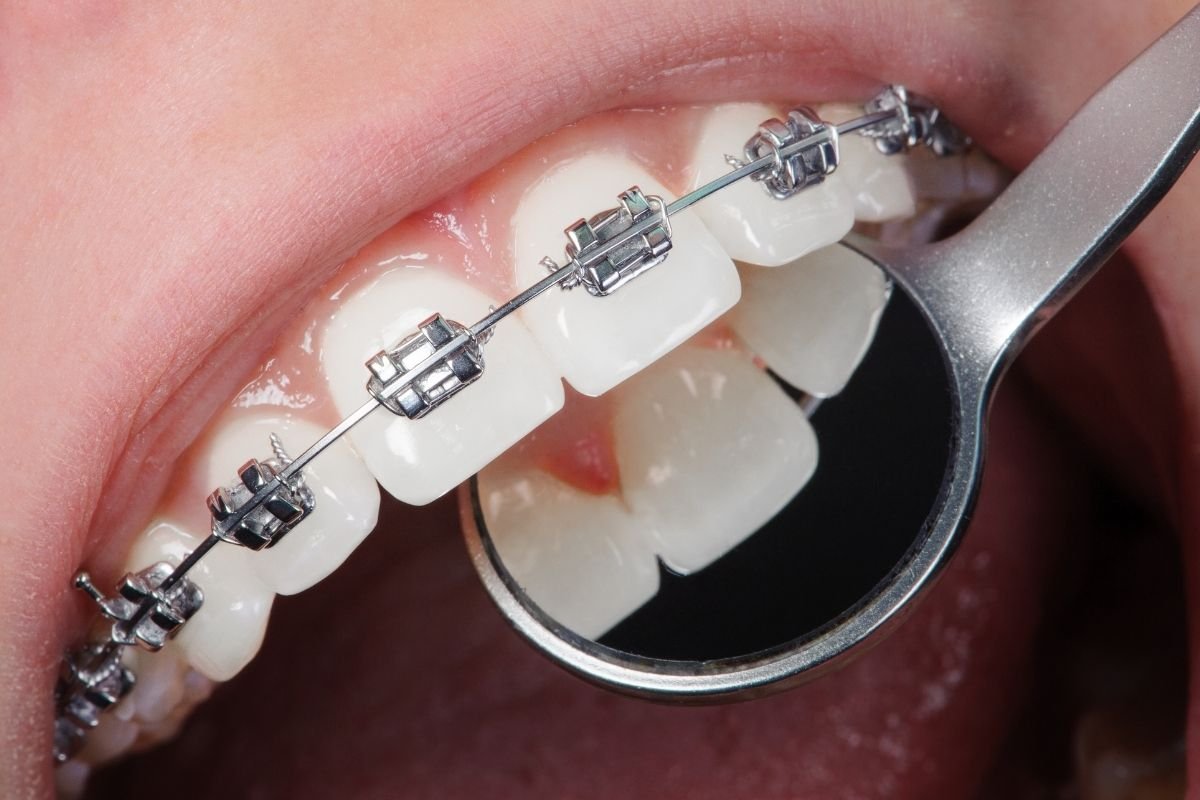
Welcome to the world of Pediatric Dentistry, where early care and education pave the way for a lifetime of optimal oral health. This guide illuminates the crucial aspects of children’s dental care, ensuring confident choices for parents and guardians.
Understanding Pediatric Dentistry
What is Pediatric Dentistry?
Pediatric Dentistry is a specialized branch of dentistry focused on the oral health of infants, children, adolescents, and those with special healthcare needs. Expert pediatric dentists provide comprehensive care tailored to the unique needs of young patients.
The Role of a Pediatric Dentist
Pediatric dentists are not only trained in dental procedures but also in child psychology, behavior management, and growth and development, allowing them to deliver care in a child-friendly, empathetic manner.
The Importance of Early Dental Care
Early dental visits establish a foundation of trust, making future visits smoother. They also enable early detection of any potential issues, allowing for timely intervention.
Pediatric Dental Services
Preventive Care
Focused on education and early interventions, preventive care includes regular check-ups, cleanings, fluoride treatments, and dental sealants to ward off cavities.
Restorative Procedures
When dental issues arise, pediatric dentists are equipped to provide treatments such as fillings, crowns, and extractions with a gentle touch and tailored approach.
Orthodontics for Children
Early orthodontic evaluation can prevent potential issues and guide proper jaw and tooth development.
Creating a Child-Friendly Dental Environment
The Importance of a Welcoming Atmosphere
Pediatric dental offices are designed to be colorful, engaging spaces that help children feel at ease.
Child-Centered Language
Pediatric dentists use age-appropriate language to explain procedures, fostering understanding and reducing anxiety.
Behavioral Guidance Techniques
From positive reinforcement to distraction techniques, pediatric dentists employ various methods to ensure a positive dental experience.
Home Care and Oral Hygiene Tips
Establishing Healthy Oral Habits
Guiding parents on proper brushing, flossing, and dietary choices is integral to pediatric dental care.
Dealing with Teething
Insights on managing the discomfort of teething and maintaining oral hygiene during this phase.
Pediatric Dentistry and Special Healthcare Needs
Addressing Unique Dental Challenges
Pediatric dentists are trained to provide specialized care for children with developmental or medical conditions.
Autism and Dental Care
Strategies for creating a comfortable dental experience for children on the autism spectrum.
FAQs: Demystifying Pediatric Dentistry
How often should my child visit the dentist?
Regular visits every six months are recommended to monitor oral health and address any emerging issues.
What can I do to ease my child’s fear of the dentist?
Open communication, positive reinforcement, and choosing a pediatric dentist experienced in child behavior management can help alleviate anxiety.
When should my child start brushing their teeth?
As soon as the first tooth erupts, usually around six months of age, you can start with a soft-bristle toothbrush.
Is fluoride safe for children?
Yes, when used in appropriate amounts, fluoride is beneficial for preventing cavities.
What if my child has a dental emergency?
Contact your pediatric dentist immediately. They can provide guidance and, if necessary, arrange for urgent care.
Are dental X-rays safe for children?
Yes, with modern equipment and safety measures, dental X-rays involve minimal radiation exposure and are considered safe.
Conclusion: Building Bright Smiles, One Child at a Time
Pediatric Dentistry is not just about dental procedures; it’s about nurturing a positive relationship with oral health that lasts a lifetime. Empowered with knowledge, parents and guardians can lead their children towards a future of radiant smiles and optimal well-being.









